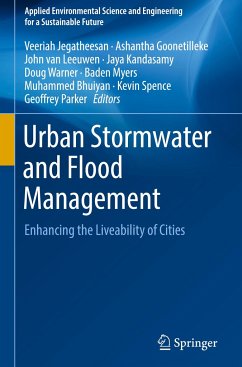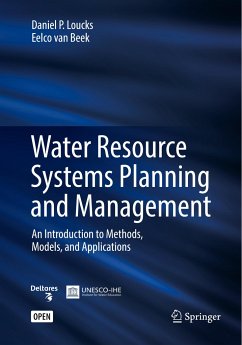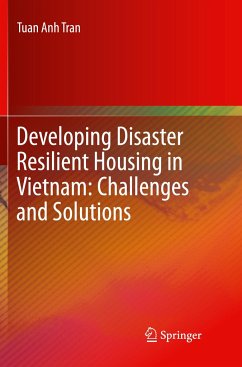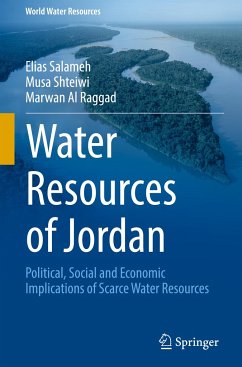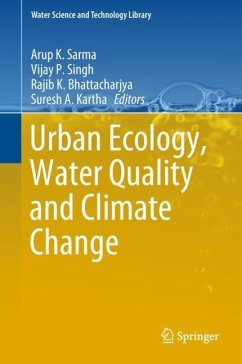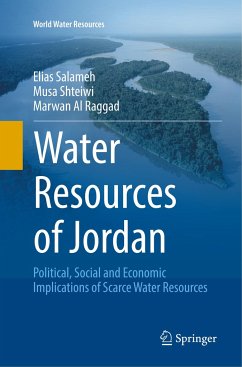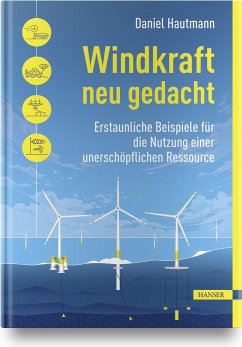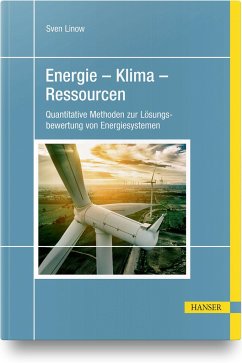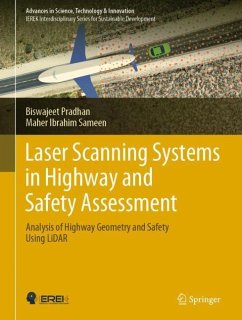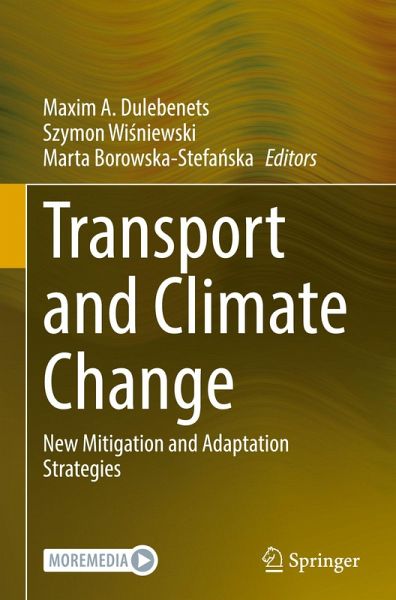
Transport and Climate Change
New Mitigation and Adaptation Strategies
Herausgegeben: Dulebenets, Maxim A.; Wisniewski, Szymon; Borowska-Stefanska, Marta
Versandkostenfrei!
Erscheint vorauss. 18. Oktober 2025
186,99 €
inkl. MwSt.

PAYBACK Punkte
93 °P sammeln!
This book surveys the impact of the transportation sector on accelerated climate change and the main solutions that have been proposed over the years to address the problem. The examples of these solutions include, but are not limited to, emission reduction targets, electrification of the transportation sector, elimination of vehicles with traditional fossil fuel engines, renewable energy sources, and introduction of emission control measures. Some of these solutions are quite difficult to implement due to the associated costs. Certain approaches may seem rather ambitious and need more thoroug...
This book surveys the impact of the transportation sector on accelerated climate change and the main solutions that have been proposed over the years to address the problem. The examples of these solutions include, but are not limited to, emission reduction targets, electrification of the transportation sector, elimination of vehicles with traditional fossil fuel engines, renewable energy sources, and introduction of emission control measures. Some of these solutions are quite difficult to implement due to the associated costs. Certain approaches may seem rather ambitious and need more thorough assessment.
Urban areas are substantially impacted by greenhouse gas emissions produced by the transportation sector. Global warming and rapid urbanization are all contributing factors that heighten the likelihood of compound extreme weather events. As climate change events become more frequent and intense, communities around the world become increasingly vulnerable due to theireveryday dependence on transportation systems.
The book presents innovative mitigation and adaptation strategies that reduce the future effects of climate change resulting from the transportation sector and promote adaptive transport systems to minimize human as well as economic losses caused by climate change. The new strategies are inspired by intelligent supply chain management solutions, transportation network operational alternatives, and sustainability-driven interdisciplinary approaches. The book emphasizes low-risk and high-payoff solutions.
Urban areas are substantially impacted by greenhouse gas emissions produced by the transportation sector. Global warming and rapid urbanization are all contributing factors that heighten the likelihood of compound extreme weather events. As climate change events become more frequent and intense, communities around the world become increasingly vulnerable due to theireveryday dependence on transportation systems.
The book presents innovative mitigation and adaptation strategies that reduce the future effects of climate change resulting from the transportation sector and promote adaptive transport systems to minimize human as well as economic losses caused by climate change. The new strategies are inspired by intelligent supply chain management solutions, transportation network operational alternatives, and sustainability-driven interdisciplinary approaches. The book emphasizes low-risk and high-payoff solutions.




